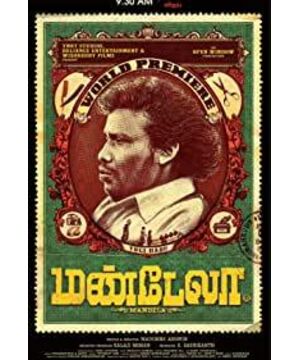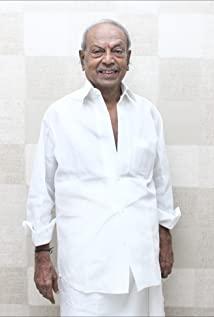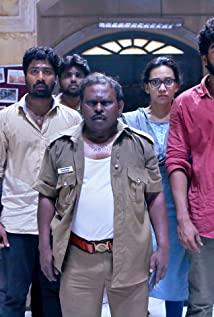1. The core of comedy is a series of coincidences, while the core of tragedy is inevitable fate;
2. A good comedy points to fate with coincidence, and a good tragedy shows the coincidence in fate.
Mr. Luo Niansheng has repeatedly said, do not be deceived by the literal meaning of "tragedy" and "comedy", and a better translation of "tragedy" and "comedy" should be: "suju opera" and "comedy opera" - the distinction between the two It is its tone rather than its theme, the former is solemn and solemn, the latter is witty, but they both care about the man and his fate - a good tragedy never weeps, it is uplifting, and a good comedy is not hilarious, it is spicy.
Therefore, in political (city-state) life, the best comedy or tragedy must reflect and criticize the political system and culture in which it is located through the fate of man and him. Only in this way can man and his fate be obtained from the background. Understand; otherwise, without the background, the human experience will become empty, and the conclusion will only be a contest between the abstract evil and the good or the accidental wicked and bad things and good people and good things.
"The Barber of Destiny" basically does the best kind of thing: I think it's funny, but it's obviously different from "Crazy Mantou", I think it's heavy, but it's definitely not "Youth". A series of coincidences in the story have hard things that it cannot change. It seems that people's choice dilemma is actually the dilemma of the political system and culture of the society. The story ends up at the hedge between the two forces, it seems that the story is not finished, but this is precisely a responsible and realistic ending, which hints the direction and inspires those who can be inspired in the cinema to extend the possible next into Indian life.
I once heard an Indian doctoral student who came to Beijing to study for a university: I have a hundred reasons to admire China, but I still think India is good, because people in India can talk rationally - even if they argue loudly.
And this kind of dispute is precisely the basic meaning of "reality". A person, only when he can participate in some kind of "dispute" with practical significance can he realize himself as a family member, a villager or student, a community citizen, a citizen...and even the existence of a citizen. to be satisfied with the political nature of the story, and to feel fundamentally not idle - the dynamics of the story must also come from actors in this sense, and the story must draw nourishment from the soil of reality in this sense, so that the story has Its own purpose, otherwise the story is only reasonable in the sense of reasoning, but its value beliefs are empty and invalid.
When we ask a "why" question to a story or a movie, we are not just asking how the story came to be, we must also ask: What is the purpose of the story that made it happen?
Comments that are keen on solving puzzles will not lead to real understanding, and rationality keen on solving puzzles is the manifestation of a narrow concept of survival.
Finally, about the film:
Anyone who only drives you with interests and benefits will threaten you, deceive you, and eventually trample you and slaughter you. And relationships and societies that are driven by each other's mutual benefit are truly sad, because the material progress and prosperity achieved in it will only mean some kind of increase in leverage - we try to strengthen ourselves to endure all the bad things that each other does to each other. Yes, just because we're going to win that big game?
It is rare to see children who go to school with light in their eyes. Is it because there is too much "learning" to go to (consumption)?
Scarcity, sometimes, is a treasure.
View more about Mandela reviews










